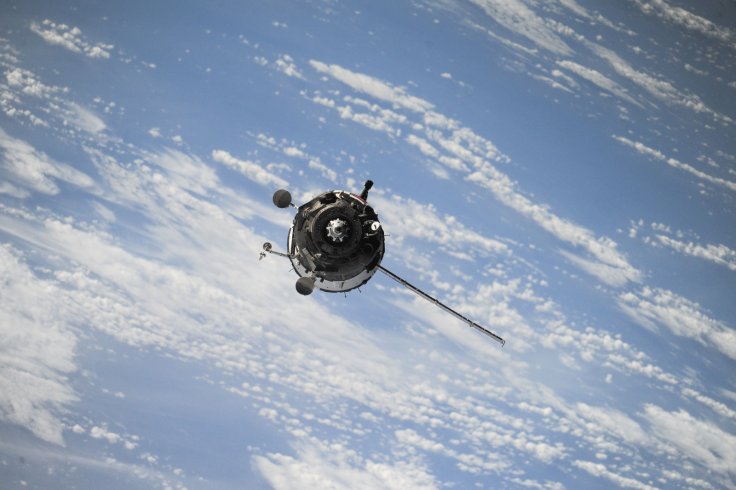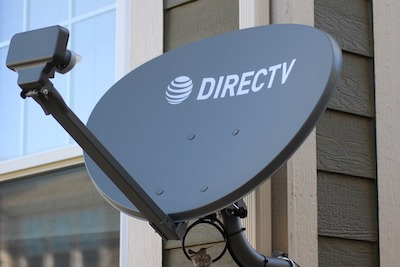DirecTV, the broadcast satellite service provider, has one month to remove a satellite from geostationary orbit after the 15-year-old satellite suffered a battery malfunction that could cause it to blow up.
Malfunctioning at risk of explosion
The AT&T-owned TV service has raised concerns that its Spaceway-1 satellite (a Boeing 702HP model) is likely to explode due to battery problems that surfaced in December. The company revealed in an FCC filing dated January 19th that a glitch has caused "significant and irreversible thermal damage" to the batteries that power the satellite.

DirecTV has already turned off the batteries and is currently operating the satellite with the help of power generated by solar panels installed on it. However, it is expected to move through Earth's shadow towards the end of next month where it will be forced to rely on the batteries as its main source of power, putting the satellite at risk of blowing up. This means that the company has close to a month to take necessary action before the satellite explodes and takes down several other satellites with it.
What next?
DirecTV has come up with a solution to resolve this issue. The company plans to send the Spaceway-1 satellite 300 kilometres above the geostationary orbit to a place where satellites essentially go to die, before February 25th. "The risk of a catastrophic battery failure makes it urgent that Spaceway-1 be fully de-orbited and decommissioned prior to the February 25th start of eclipse season," the company said in a statement obtained by Space News.

Companies are required to deplete their satellites' remaining fuel before they're decommissioned in order to reduce the risk of a blast, but DirecTV has requested the FCC for a waiver because it does not have enough time to exhaust the fuel. It generally takes about two to three months to use up fuel reserves of similar satellites, maybe, even more, considering DirecTV pumped enough fuel into Safeway-1 to last until 2025.
That being said, even if it does explode, it will still be in the graveyard orbit and not in the geostationary arc, which is home to most of the world's large communications satellites. DirectV users need not worry, though. The service will not be affected by the event, as Spaceway-1 merely serves as a backup satellite.









